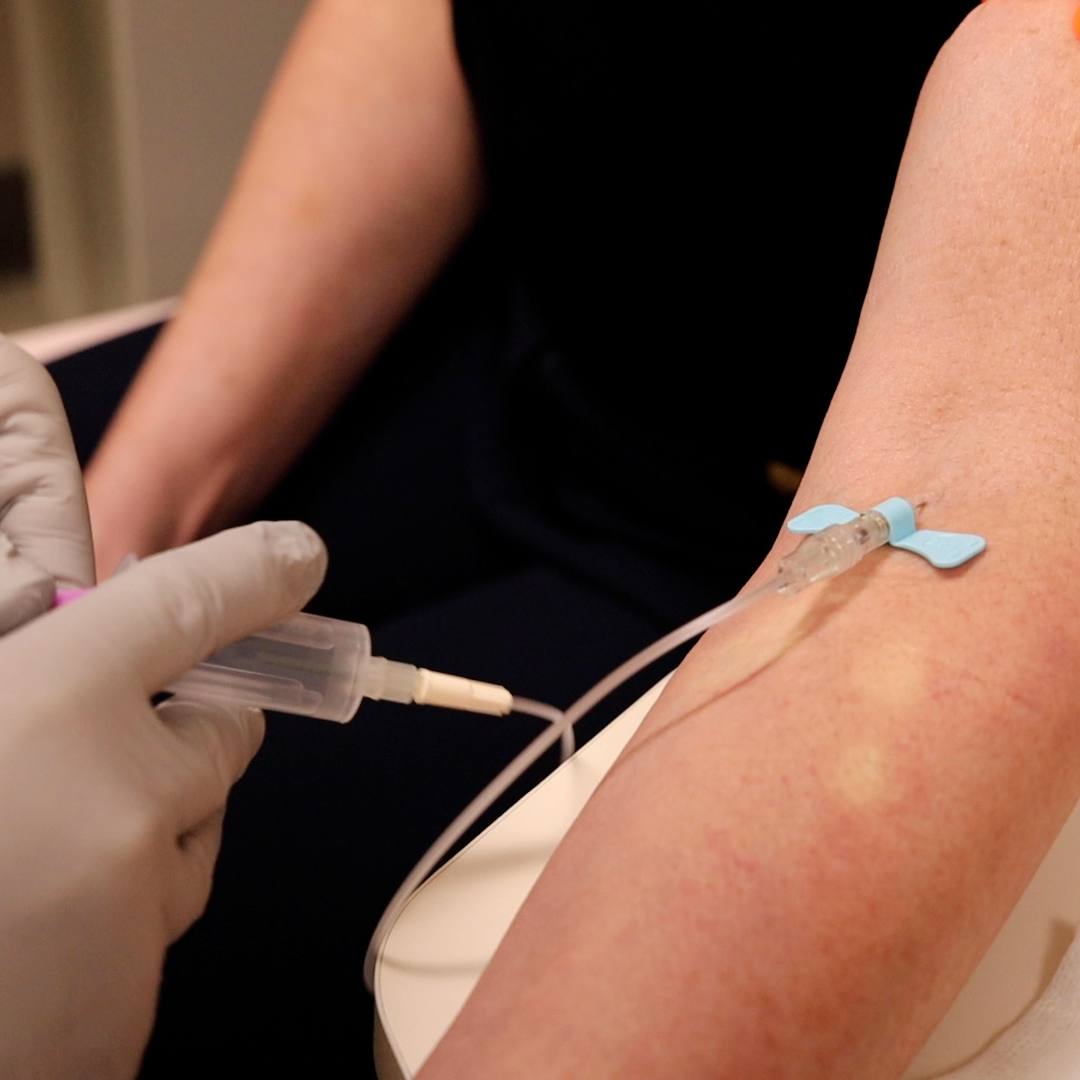A Mayo Clinic study may help physicians differentially diagnose three common neurodegenerative disorders in the future. This study was presented at the Alzheimers Association International Conference on Alzheimers Disease in Vienna.
In this study, Mayo Clinic researchers developed a framework for MRI-based differential diagnosis of three common neurodegenerative disorders: Alzheimers disease (AD), Frontotemporal lobar degeneration (FTLD), Lewy body disease (LBD) using Structural MRI. Currently, examination of the brain at autopsy is the only way to confirm with certainty that a patient had a specific form of dementia. The framework, which is called STructural Abnormality iNDex or STAND-Map shows promise in accurately diagnosing dementia patients in life. The rationale is that if each neurodegenerative disorder can be associated with a unique pattern of atrophy specific on MRI, then it may be possible to differentially diagnose new patients. The study looked at 90 patients from the Mayo Clinic database who were confirmed to have only a single dementia pathology and also underwent an MRI at the time of clinical diagnosis of dementia. Using the STAND-Map framework, researchers were able to predict an accurate pathological diagnosis 75 to 80 percent of the time. Dr. Prashanthi Vemuri, Ph.D., a senior research fellow at the Mayo Clinic aging and dementia imaging research lab and the lead author of the study talks about the research.
http://www.youtube.com/watch?v=2Yd1eQuSStY
Related Articles

Health & Wellness

Health & Wellness

Health & Wellness




